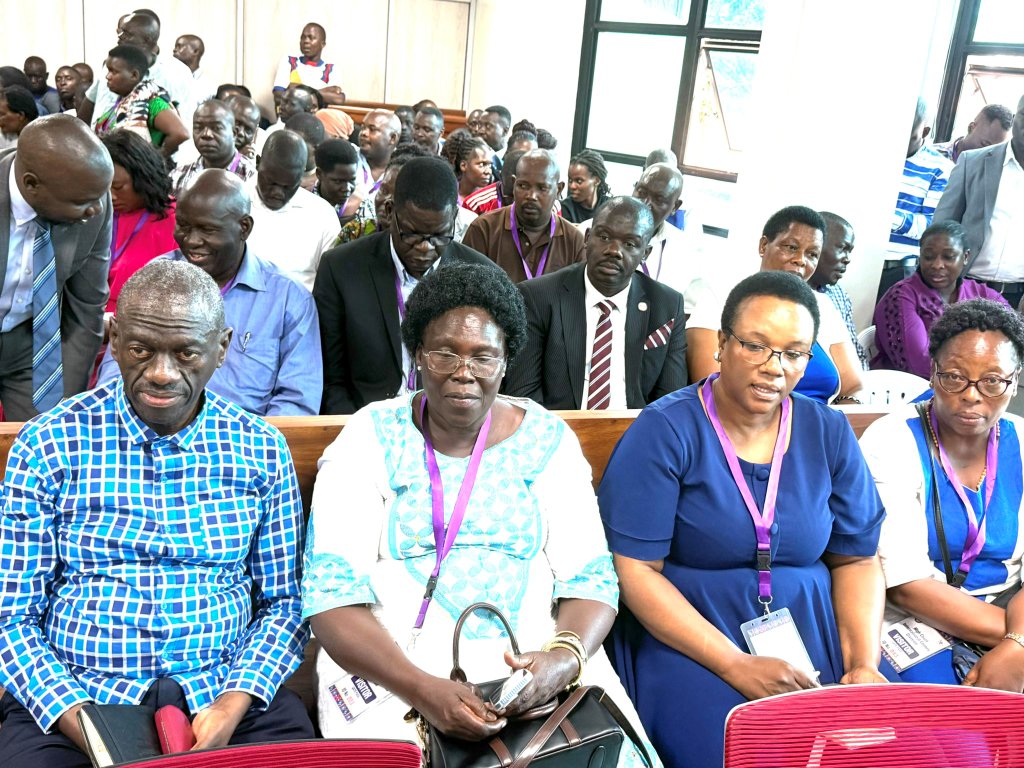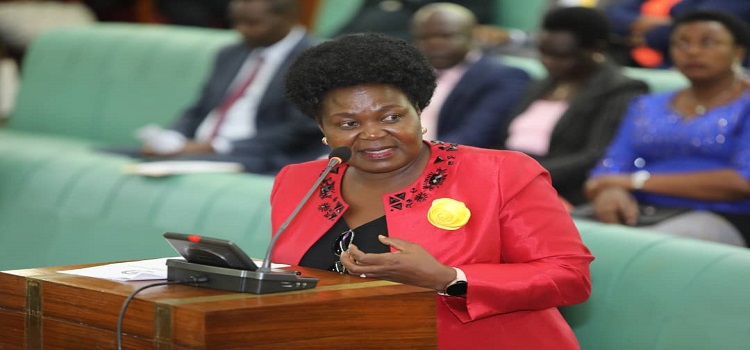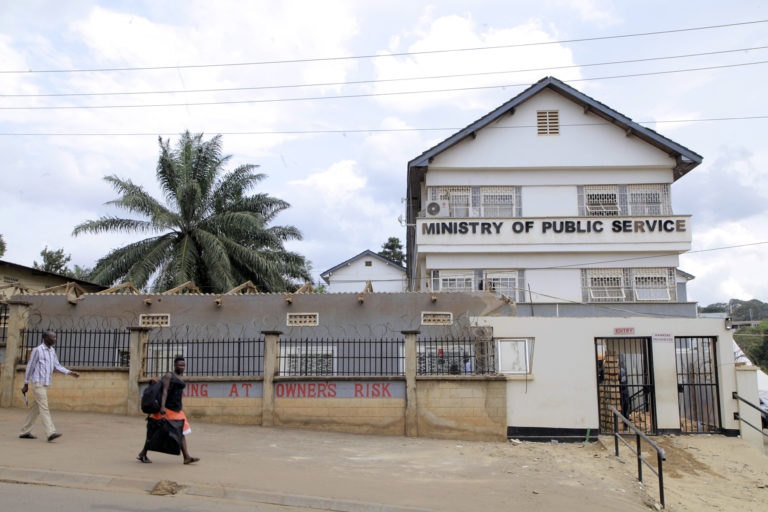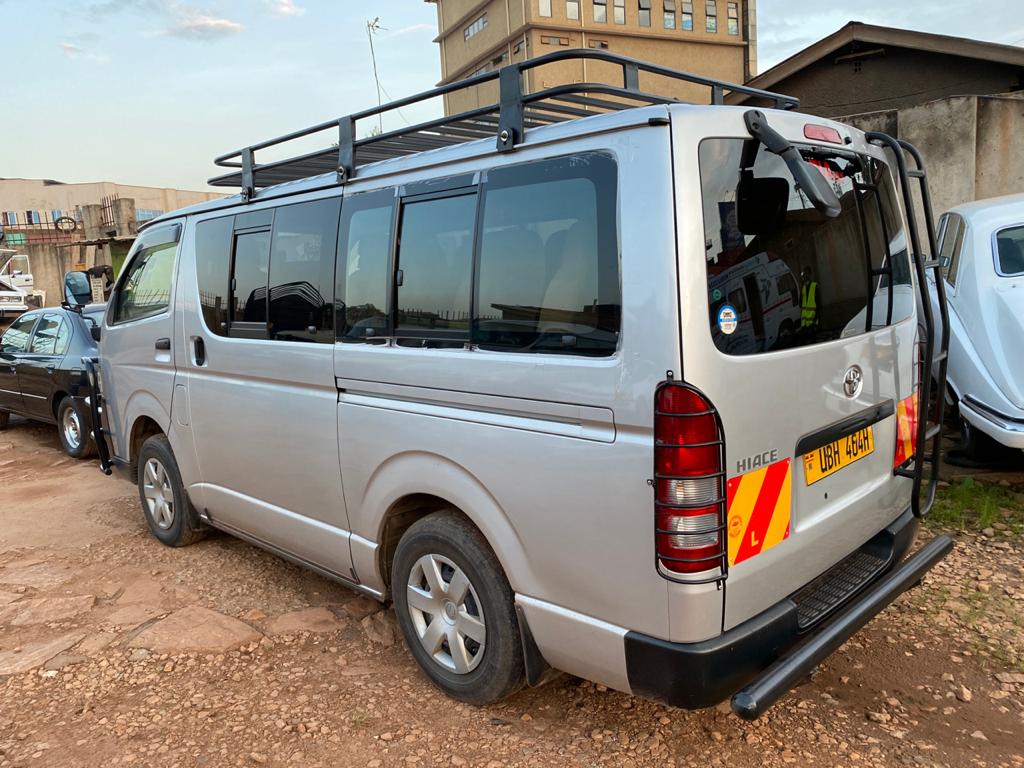(Kampala) – The Ugandan government plans to reduce the number of its diplomatic missions abroad from 38 to 15 following concerns about cost efficiency and effectiveness, according to Minister of State for Foreign Affairs, Hon. John Mulimba. This decision is in response to the deteriorating performance of the country’s foreign missions, including issues related to staffing, security, and financial constraints.
During a plenary session on April 16, 2025, Mulimba explained that the president had ordered a cost-benefit analysis of the 35 foreign missions, with the goal of identifying which missions offer the best return on investment. This analysis aims to scale down missions that are underperforming or financially unsustainable. Mulimba emphasized that this move was part of an effort to address challenges such as low staffing levels and the lack of a sufficient presence at foreign missions.
This directive followed a report by the Committee on Foreign Affairs, presented by Chairperson Hon. Catherine Lamwaka, which highlighted several pressing issues affecting Uganda’s missions abroad. Among these challenges were security threats, underfunding, and staffing gaps. Lamwaka noted that Uganda’s foreign service is currently facing a significant budget shortfall of Shs238 billion (approximately $64 million USD), which would be needed to cover staffing, infrastructure, wages, and other essential areas.
One of the concerns raised by Lamwaka was the lack of adequate security for Uganda’s foreign missions. According to the Vienna Convention on Diplomatic Relations of 1961, host countries are required to protect foreign diplomatic premises, but many Ugandan missions fail to request proper protection, relying instead on private security firms.
The committee also drew attention to the high demand for consular services in missions located in Riyadh and Abu Dhabi, where a large number of Ugandan migrant workers reside. Additionally, the missions in New Delhi, Kuala Lumpur, and Nairobi have been increasingly burdened with handling human trafficking cases, especially involving young Ugandans who were promised employment abroad, but ended up in exploitative situations.
Although Uganda is only required to repatriate its citizens in the event of war or natural disasters, the committee raised concerns that the country’s failure to assist its stranded nationals abroad negatively impacts its international reputation. Lamwaka argued that when other nations go to great lengths to rescue their citizens, Uganda’s inability to do so creates a perception of neglect and weakens the nation’s diplomatic standing.
To address these issues, the committee recommended emergency funding, including Shs1.2 billion (approximately $320,000 USD) for the mission in New Delhi and Shs367 million (approximately $98,000 USD) for the mission in Kuala Lumpur, to facilitate repatriation efforts and improve the overall functioning of the missions.
Hon. Muwada Nkunyingi, the Shadow Minister for Foreign Affairs, raised concerns about the lack of substantive ambassadors in key countries, including the Democratic Republic of Congo (DRC), Iran, Kenya, Nigeria, and Canada. He questioned the government on its plans to address this shortage.
MPs such as Hon. Elijah Okupa from Kasilo County also voiced frustrations about the stagnation in career progression for foreign service staff. Okupa pointed out that some officers, despite being recruited over 12 years ago, had not been promoted, despite a presidential directive calling for promotions.
Hon. Abdallah Kiwanuka, MP for Mukono North, criticized the absence of a clear foreign policy on labor externalization. He warned that Ugandans continue to fall victim to human traffickers in the Middle East due to policy gaps and inadequate protection. Kiwanuka questioned why the government is allowing the externalization of labor when it lacks the means to protect and repatriate its citizens.
Finally, Hon. Eddie Kwizera, MP for Bukimbiri County, sought clarity on Uganda’s foreign policy, particularly regarding compensation for damages to the country’s embassies, such as Uganda House in Nairobi and the Kinshasa mission.




















